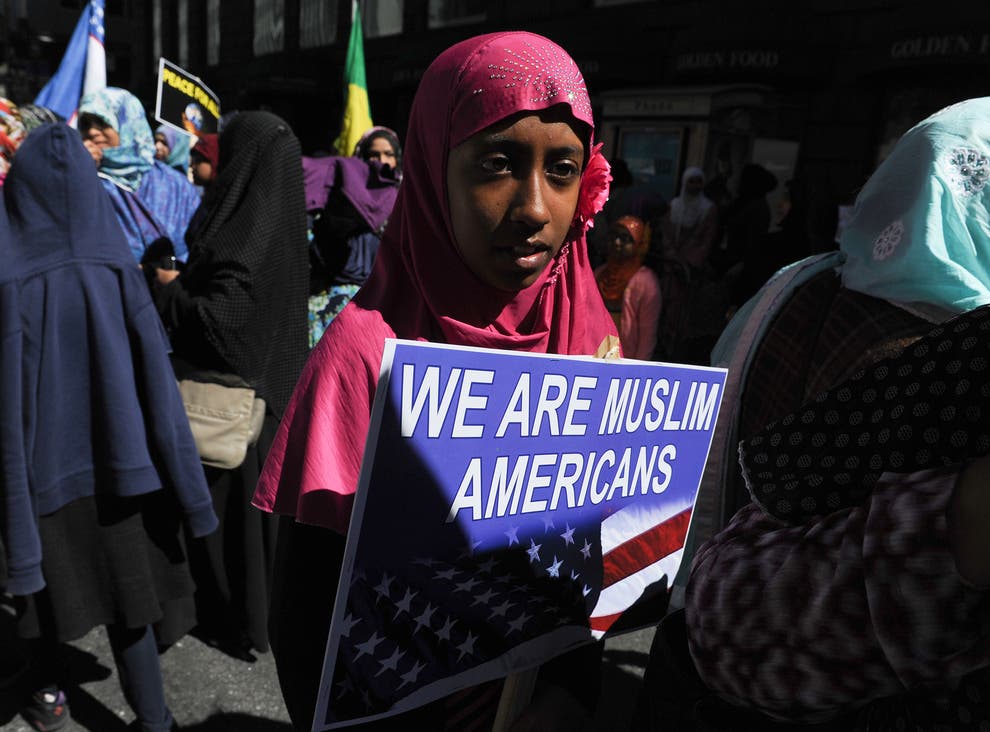Educating Islamic theologians – schoolteachers and imams – at German universities has caused a lot of discussion in the past. Now the Wissenschaftsrat (German Council of Science and Humanities) has proposed a concept to grant both universities and Muslim associations a say in the education, but it is still likely to stir controversy.
So far, Muslim associations had little influence on the curriculum of Islamic education at universities, but some faculties do seek advice with local mosques or national Muslim associations. In 2008, a case at the University of Münster has caused a large debate: Muhammad Kalisch, Professor of Islamic Religion, publicly doubted the real existence of Prophet Mohammed, which in turn caused an outcry among Muslim associations. They called for Prof. Kalisch to step down and discouraged students to take up Islamic teacher training in Münster. Because they had no say, Kalisch still continues to teach.
The new proposal seeks to guarantee acceptance of Islamic teachers and Imams among the believers, and therefore allows associations to have more influence. Together with the universities, they may take part in decision-making on what will be taught and by whom. While it is certainly necessary to consult Islamic expertise in this matter, the question is whether the largely conservative associations would be the best partners. In the case of Kalisch, this would certainly have lead to his replacement by a very conservative scholar, which undermines independent academic research and teaching. On the other hand, it is a positive sign of the Wissenschaftsrat to incorporate Islamic theology into German state universities instead of leaving it to the Muslim associations or even to Islamic countries.






